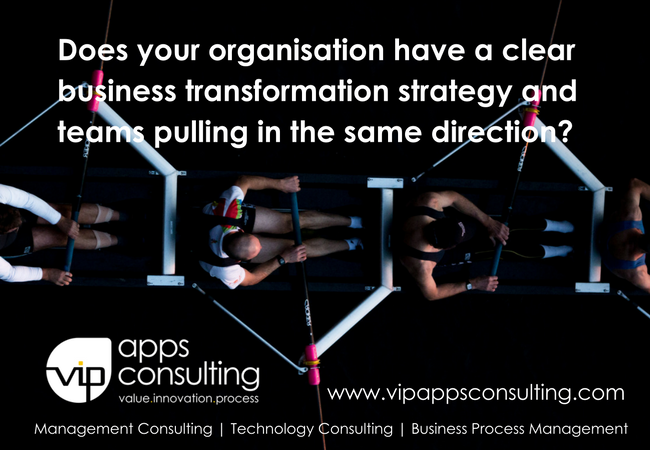Technology innovation is all around us. Worldwide information technology spending this year is expected to hit $3.7 trillion, up 4.5% over 2017, as firms look to capitalise on the potential of the blockchain, Internet of Things, artificial intelligence and other digital solutions, Gartner Inc. said. Organisations within the financial services and leasing industry undertaking their digital transformation journey, realise that is not a linear journey, but rather a process that leads to a new type of organisation. Beyond the noise of the many technology innovation buzzwords, companies now need to be built and grow around continuous change with the capacity to respond to a rapidly changing market environment. This new innovation scenario makes change management a continuous process, that involves more than the traditional approaches that envisioned change management just as training.
How to Manage Change for Technology Innovation Success
Regardless of the technology and the type of organisation, change management is often the most challenging part of an IT project. According to McKinsey the hard truth is that 70 percent of change programs fail to achieve their goals. For a more efficient change management, project managers need to tailor and personalise the approach to their organisation and the unique challenges presented by the technology solution.  Successful change management requires active input from stakeholders, working closely with key people at all levels of the company, addressing challenges and focusing on the benefits that the new solutions will bring. Corporations struggle to get buy-in from key stakeholders to encourage adoption because of the resistance to change and lack of understanding of the vision and organisational direction. This is especially true when implementing solutions that are as transformative as cloud or automation that impact both productivity and day-to-day operations. The approach to change management has to reflect the new reality, and to succeed in the technological implementation, organisations need to:
Successful change management requires active input from stakeholders, working closely with key people at all levels of the company, addressing challenges and focusing on the benefits that the new solutions will bring. Corporations struggle to get buy-in from key stakeholders to encourage adoption because of the resistance to change and lack of understanding of the vision and organisational direction. This is especially true when implementing solutions that are as transformative as cloud or automation that impact both productivity and day-to-day operations. The approach to change management has to reflect the new reality, and to succeed in the technological implementation, organisations need to:
-Establish a clear vision, with well-defined milestones and objectives. Failing to explain the purpose of change, leads to the lack of consensus on what that innovation means, representing a key barrier to achieving the full technology potential. When talking about digital transformation, the CFO may view it as a way to drive operational efficiency while the marketing and sales department, as the platform to increase customer engagement. Here is when a compelling vision, an understanding of the organisational direction and communication strategy, will help the change to go smoothly and allow the company to take full advantage and recognise the benefits of new technology solutions.
-Get the management on board as leaders. Setting the tone from the top is essential. Primarily, when the innovation impacts the company business model, employees look for those who have the vision and want the change to be the ones who drive it.
-Establish an agile, open and continuous improvement approach to change management. Due to the new speed of innovation, the market context is continuously and rapidly shifting and so are the technology barriers to overcome. If we consider the financial services industry, fintechs are today the main challengers to their business models, causing organisations to deal with change on multiple fronts. Customer experience is shaping the business strategy and internally replicating that in the employee’s experience can be an enabler for change. The very process of change management requires review as we execute, embrace what we learn as the whole process unfolds.
-Prioritise training. Effective training is crucial. Educate about the benefits and ensure efficient use, encourage adoption and recognise staff have different learning styles.
Successful change management programs entail overcoming challenges through a comprehensive effort that includes a mix of culture, leadership, processes and agile approach. Building these capabilities has become a competitive advantage, that place companies better positioned to embrace the continuous technological change.

VIP Apps Consulting team has extensive experience within the leasing financial services industry with the knowledge, capabilities and operational experience, to help organisations assess and implement the required process changes. Keep up to date with the latest technology trends and other industry news by following us on LinkedIn






